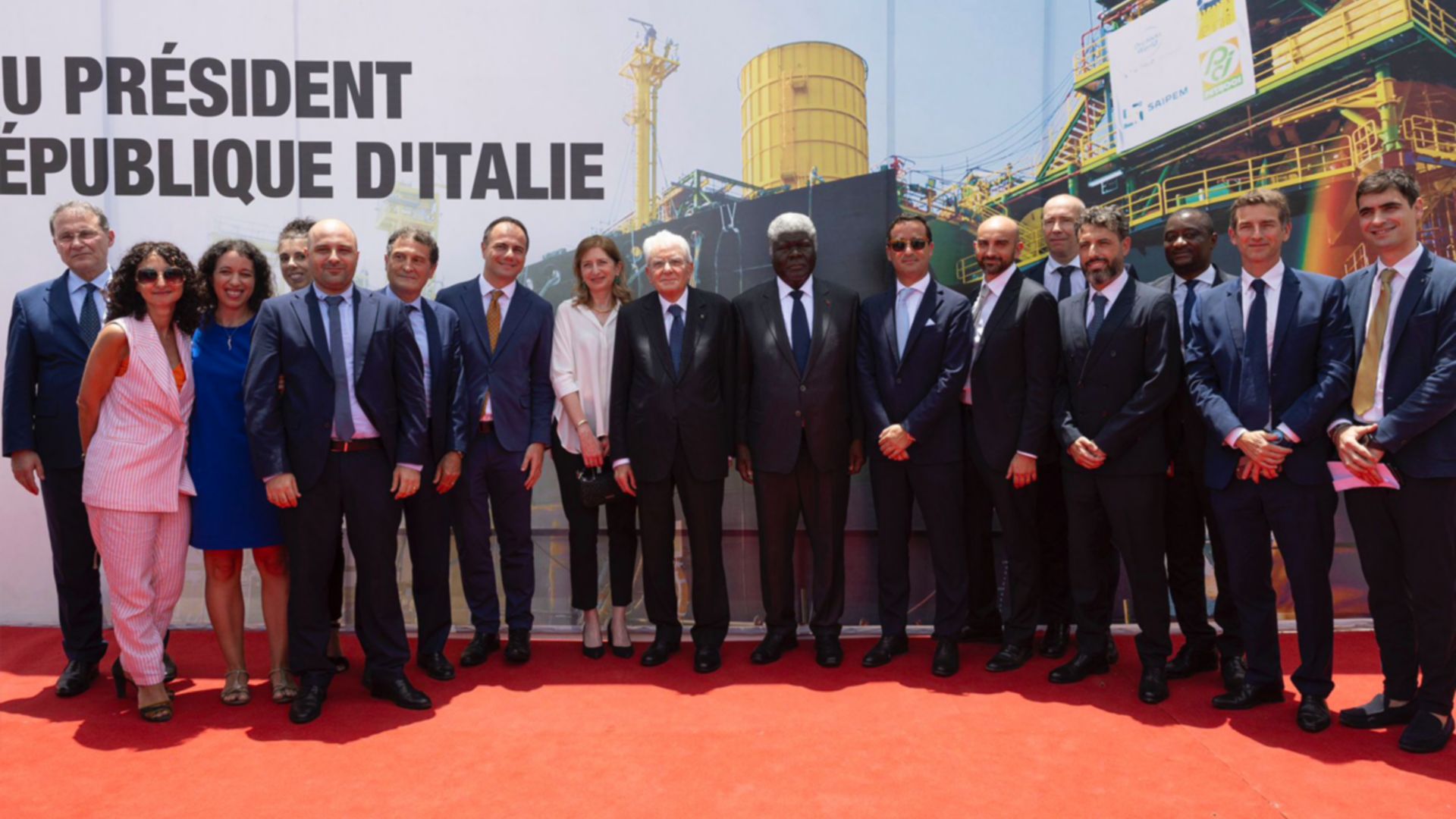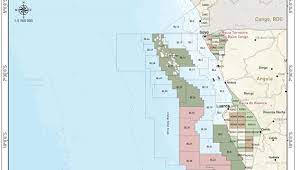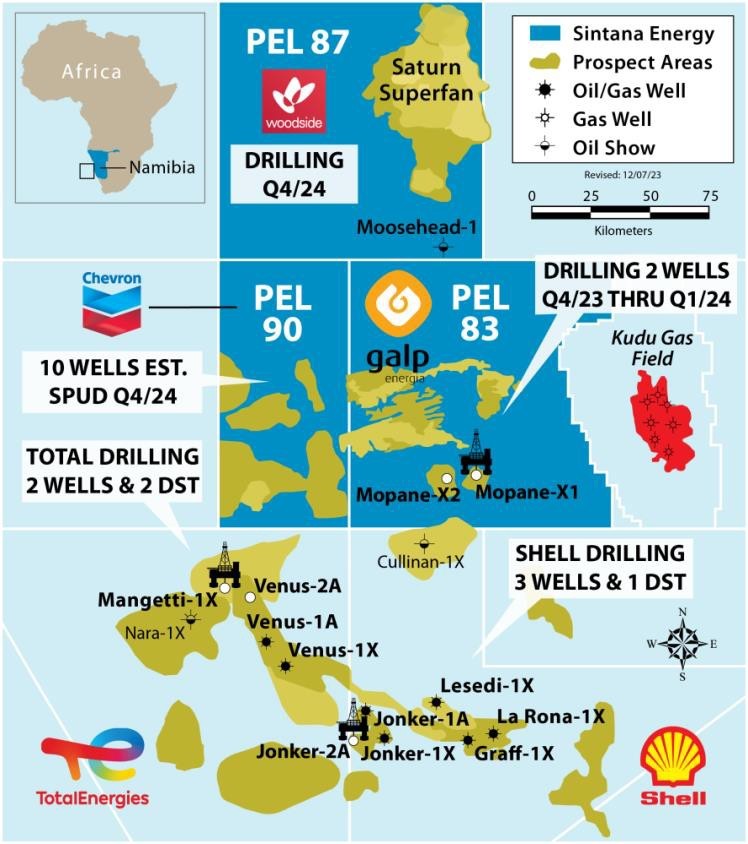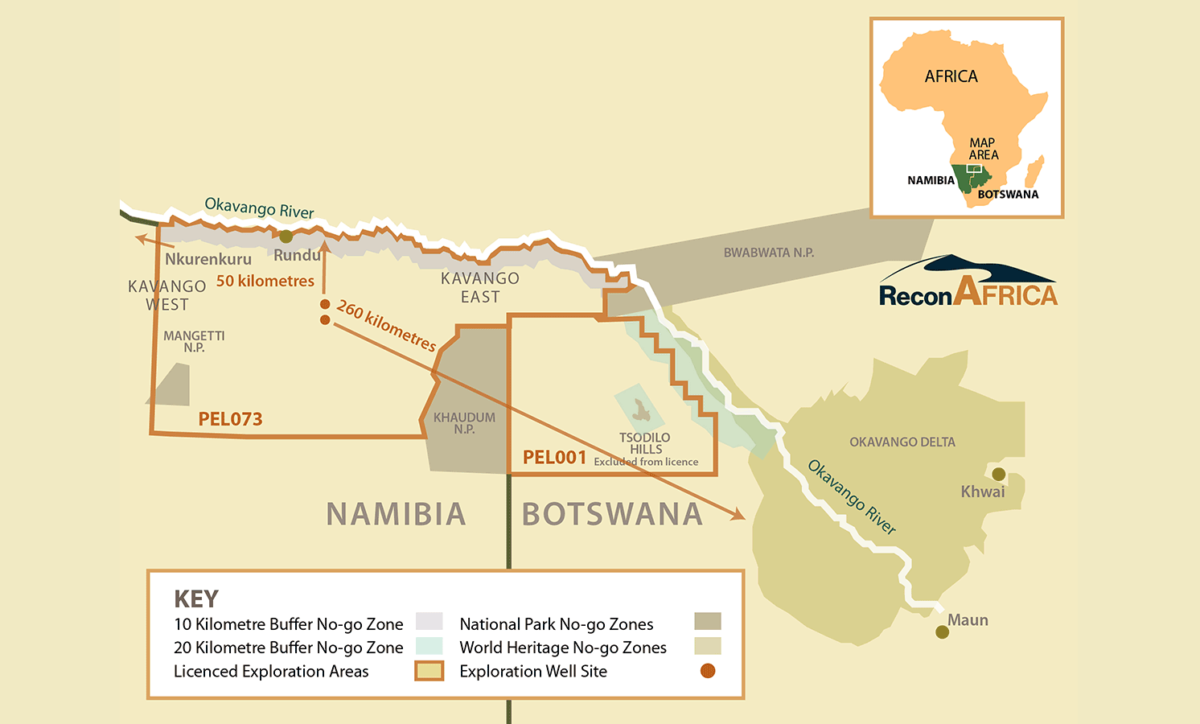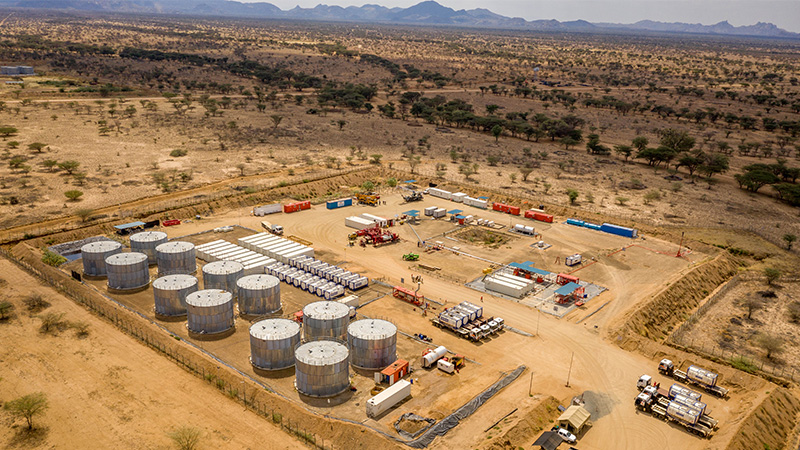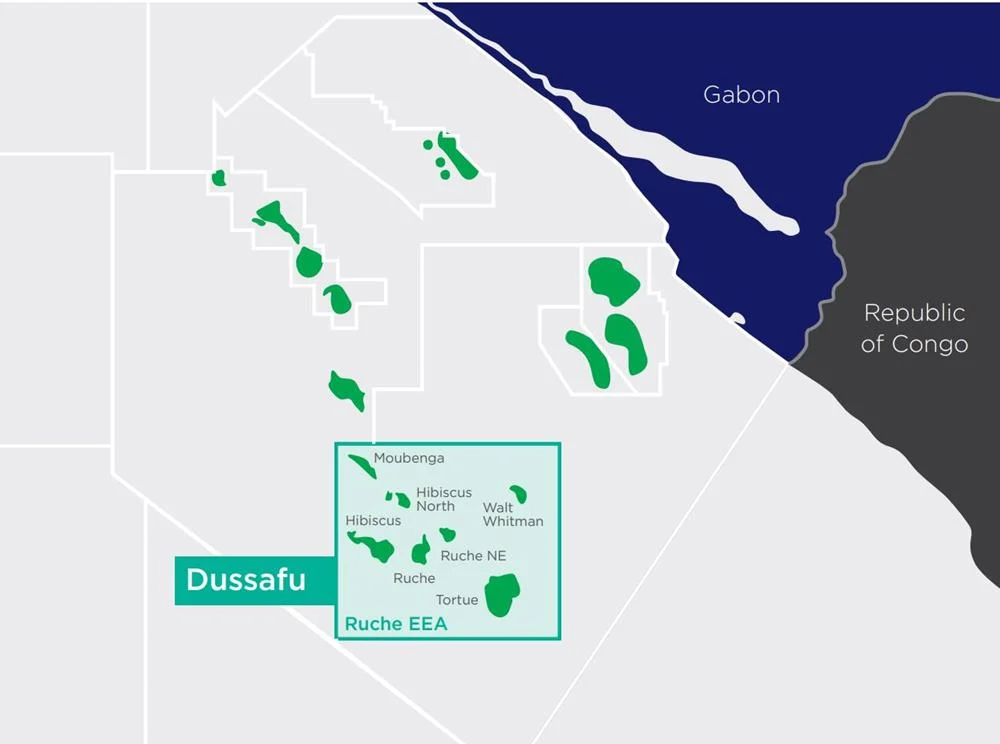UGANDA: UNOC Signs MOU with Sonatrach
UGANDA and Algeria have signed an MOU regarding oil and gas, resources found in both countries.
According to the United States Department of Commerce, Algeria “has the tenth-largest proven natural gas reserves globally, is the world’s fourth-largest gas exporter, and has the world’s third-largest untapped shale gas resources. It also ranks sixteenth in proven oil reserves and exports roughly sixty percent of its total production.”
On the other hand, Uganda has 6.5 billion barrels of crude oil in place. Of this, 1.4-1.7 billion barrels of crude oil is recoverable. First Oil is expected in the first quarter of 2025.
Keen on tapping into North African country’s expertise, UNOC signed the MOU with Sonatrach, the Algerian oil company. The General Manager Uganda Refinery Holding Company, Dr. Michael Mugerwa signed for Uganda while Sonatrach Chairman and CEO, Toufik Hakkar represented Algeria.
The MOU covers covers oil and gas cooperation-Upstream, Midstream (refining and petrochemicals), Downstream, capacity building plus oil & gas services. UNOC operates across the entire petroleum value chain.
It was signed in the presence of H.E. President Yoweri Museveni and his Algerian counterpart, H.E. Abdelmadjid Tebboune. President Museveni was on a three-day visit to Algeria. Other MOUs signed covered tourism, trade, education and scientific research and energy plus agriculture and animal health.
In a Tweet following the signing ceremony, President Yoweri Museveni stated, “We are looking at Algeria investing in our refinery. We want to build an inland refinery.”
“It is absolutely necessary because it will cut transport costs seeing that we are far away from the coast. I thank His Excellency for the fruitful deliberations we had.”
The refinery is one of UNOC’s key strategic projects, located at the Kabaale Industrial Park in Hoima and it is planned to refine 60,000 barrels of crude oil per day. The Environmental Social Impact Assessment has been submitted to the Government for perusal and approval and the front-end engineering design was completed. Additionally, the compensation of project affected persons was completed. Ongoing are the Crude Supply Agreement negotiations and the final investment decision is expected later this year.
According to a macro-economic study by Stanbic Bank in consultation with the Uganda National Oil Company (UNOC), the refinery will add $3.3 billion to Uganda’s gross domestic product per annum and $8.2bn per annum to the national capital formation. It will also improve Uganda’s balance of payments by $591m, according to the study. Regarding jobs, 32,000 will be created, of these, 1,200 are direct, 16,900 indirect and 13,900 induced.
In terms of protecting the environment, the refinery will produce 658 metric tonnes of Liquified Petroleum Gas per day, which will reduce Uganda’s widespread reliance on charcoal and firewood.





